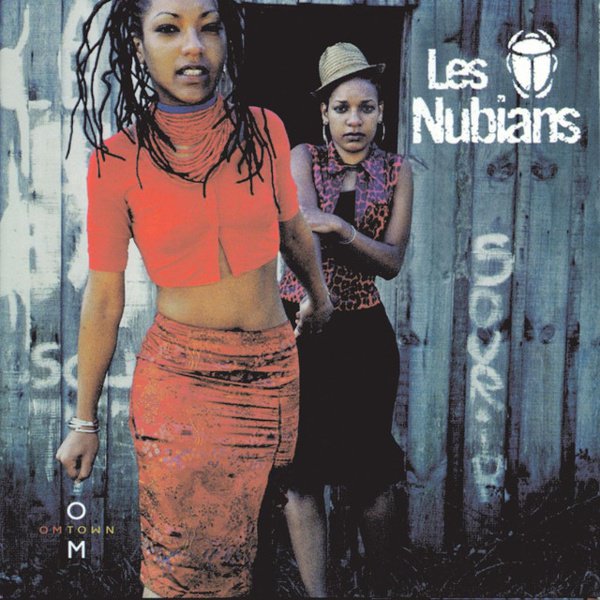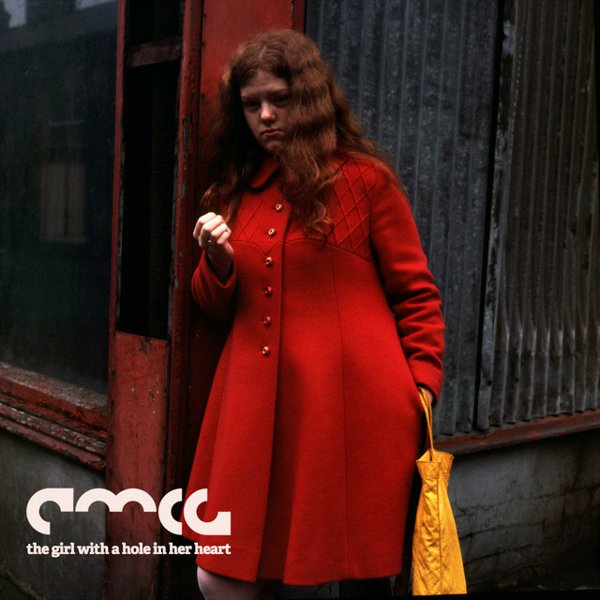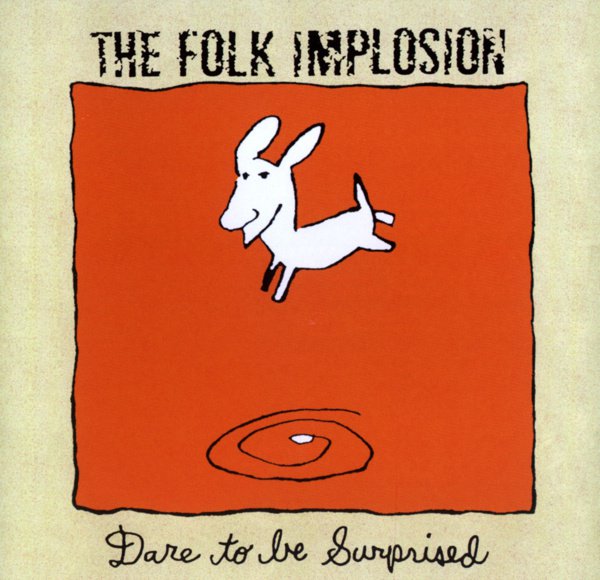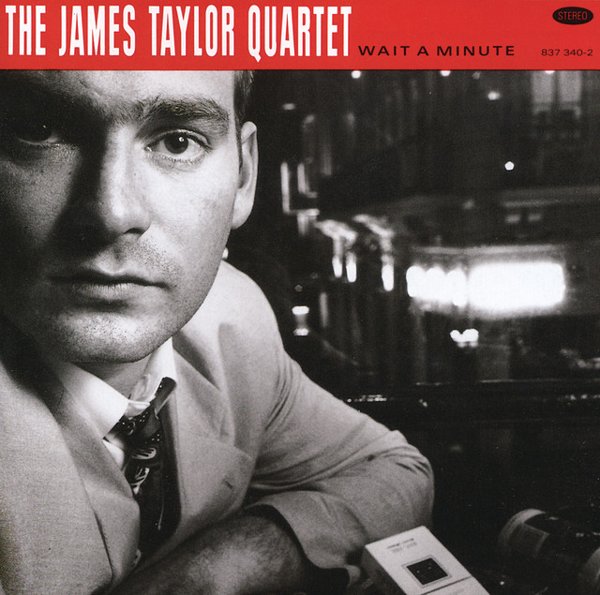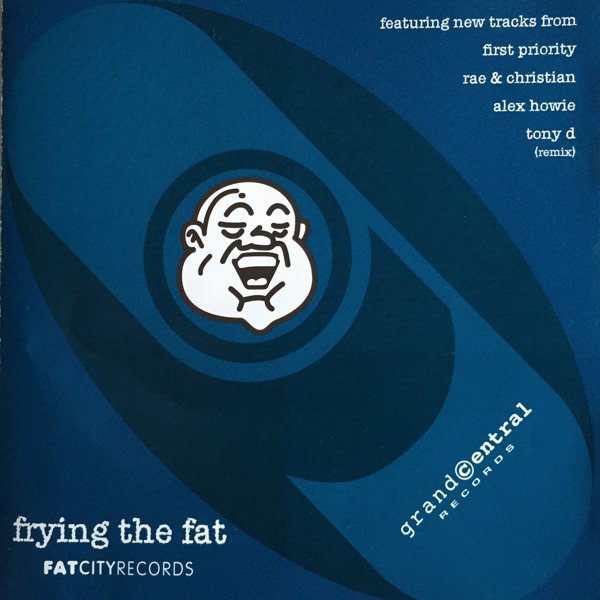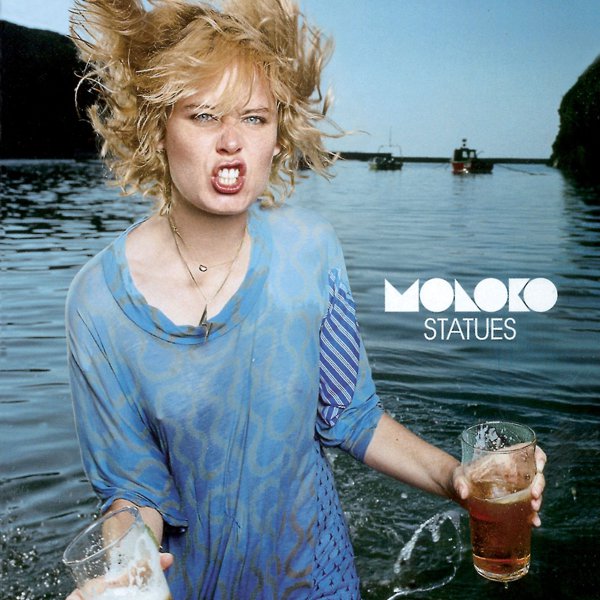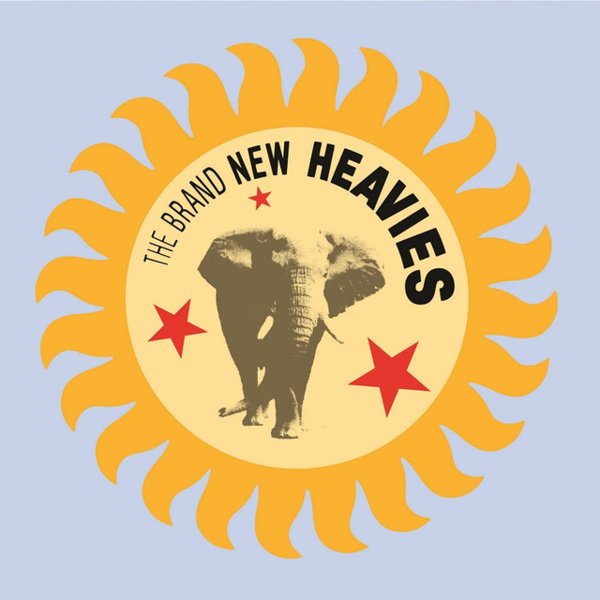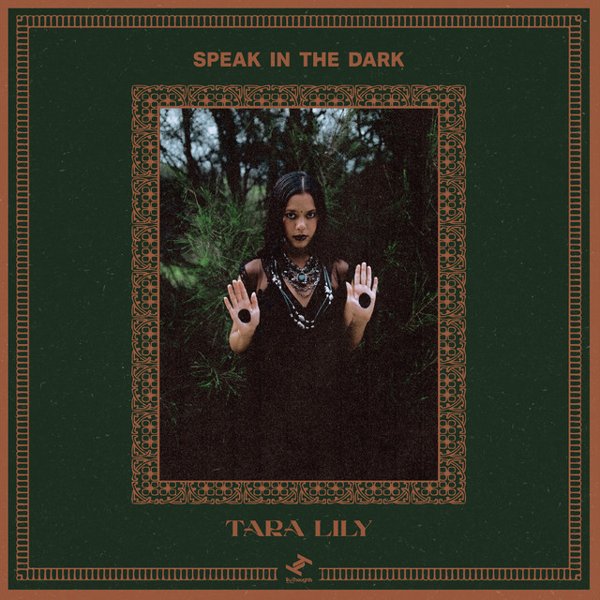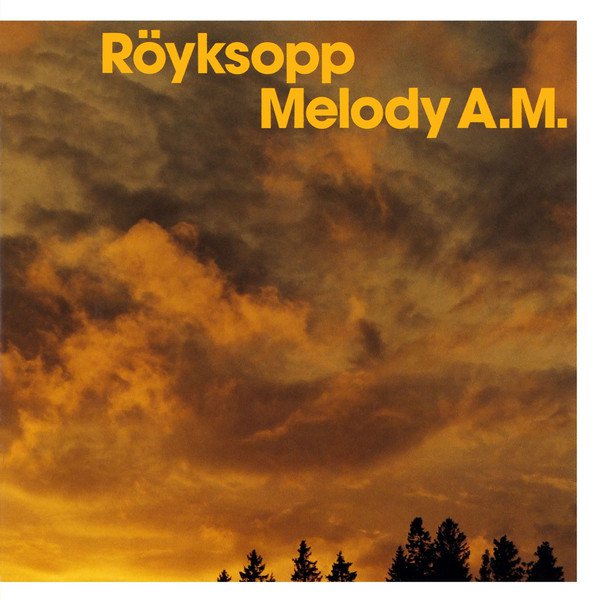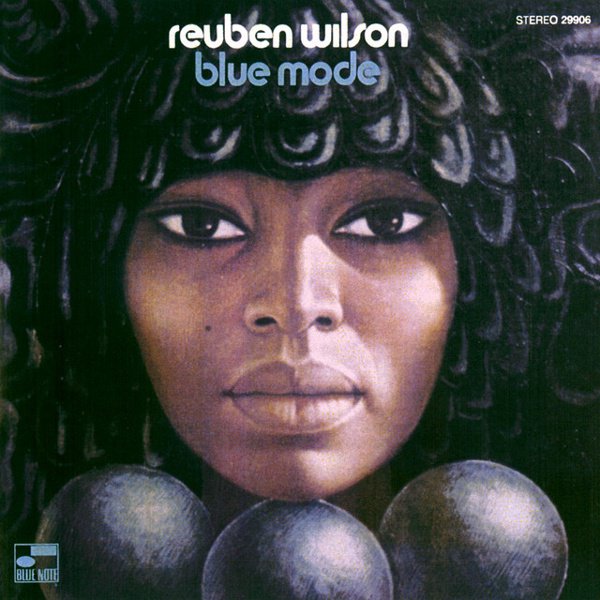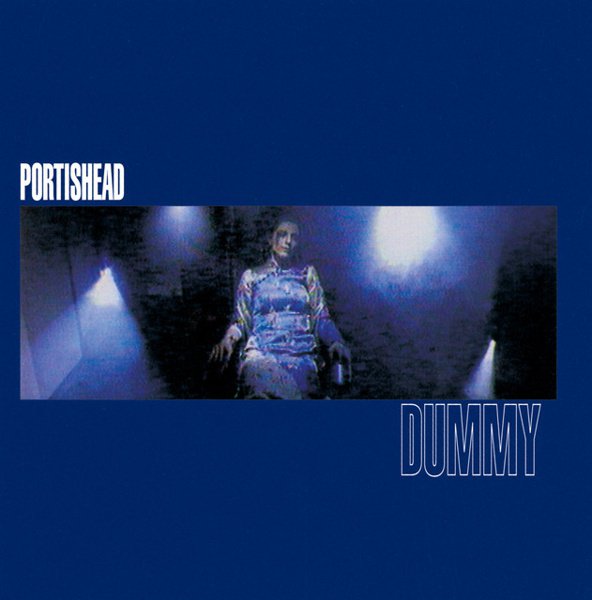
Recommended by
Dummy
Released at the tail end of summer 94, Portishead’s debut was highly accomplished, highly acclaimed — it would go on to win the Mercury Music Prize the following year — and highly strung, perhaps one of electronic music’s most angst-ridden albums. Mixing up hip hop beats (homemade in the studio rather than sampled), dub, 60s spy movie and film noir influences, it was a haunting, melancholy listen, lifted to wonderfully lonely heights by the mournful chanteuse vocals of Beth Gibbons. Dummy delighted in dirge tempos, haunting, tremelo’d guitars redolent of countless spaghetti soundtracks. and a dark, desolate gothic aesthetic. The soundtrackesque feel of many of the tracks, together with Gibbons’ alternating touching frailty and torrential passion make for one of the 90s most affecting and emotional electronic albums.
It was never really the case that Portishead single handedly invented trip-hop, not when so many Bristol compatriots and forebears had collectively worked up a mood and flow over the years, but the blazing, instant success of “Sour Times (Nobody Loves Me)” put an unmissable stamp on both their work and music more widely. The teaming of Geoff Barrow and Beth Gibbons, with Adrian Utley’s key help, combined hip-hop, John Barry nods, coolly blues-tinged singing and moody vibes galore — and many followed.

